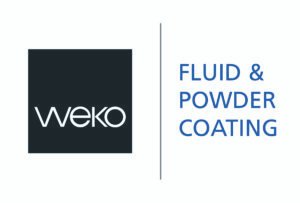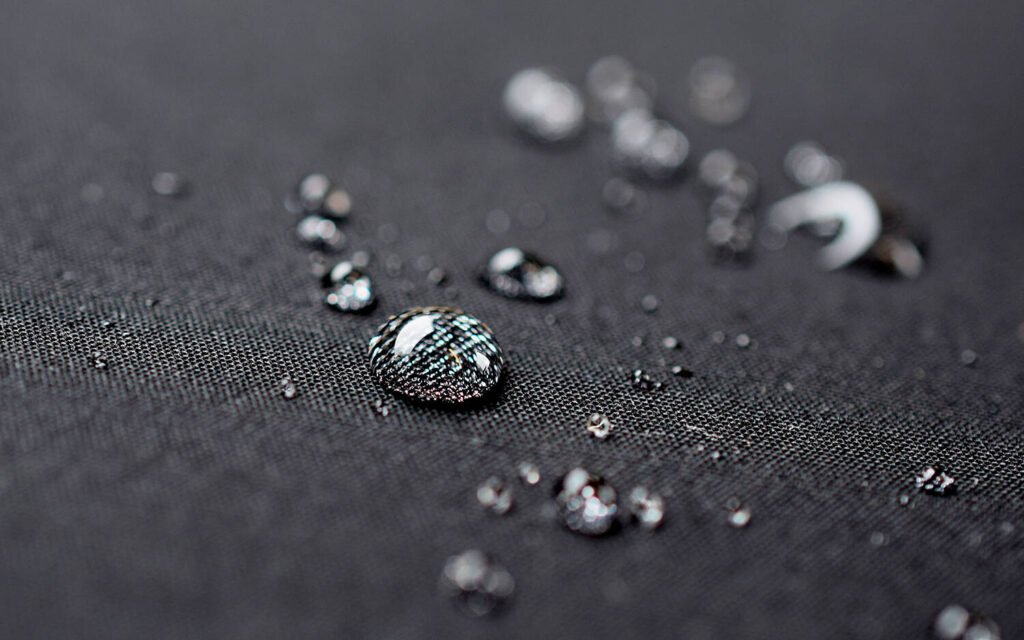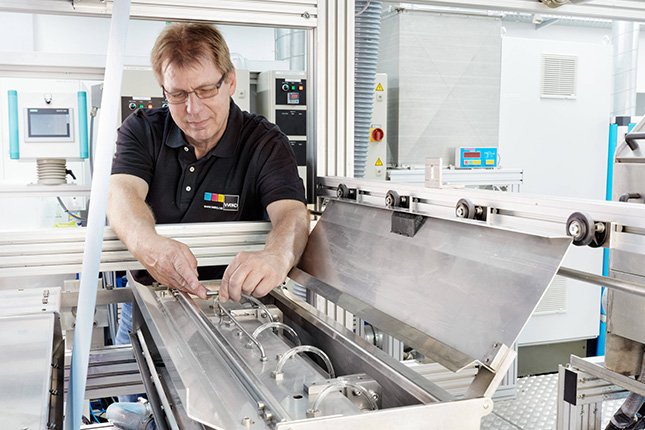 Weitmann & Konrad GmbH & Co. KG founded in 1953 has been developing and producing non-contact application systems for product optimization and surface finishing with different types of liquids and powdery substances offering revolutionary technology to combine a more sustainable process with cost-saving production. This specially designed WEKO-NEO system and the new processing are adaptable to any existing or new stenters frame, coating, or Pad-Steam line or on any section of a slasher or loop dyeing range.
Weitmann & Konrad GmbH & Co. KG founded in 1953 has been developing and producing non-contact application systems for product optimization and surface finishing with different types of liquids and powdery substances offering revolutionary technology to combine a more sustainable process with cost-saving production. This specially designed WEKO-NEO system and the new processing are adaptable to any existing or new stenters frame, coating, or Pad-Steam line or on any section of a slasher or loop dyeing range.
Textile finishing with WEKO-NEO
Whether you apply softening, sewability improvement, hydrophobic, dirt or soil repellent, flame retardant, color fixing, antibacterial or hydrophilic agents – the use of auxiliary and the necessary dryer energy is significantly reduced by the exact pick-up control due to forced spray application. WEKO could adjust penetration level to fabric and therefore creates penetration only when needed. Most of the finishing applications are needed purely on the top surface with very less penetration e.g. in fixing, softening, hydrophobic.
The customer can choose between single and both side applications. Whether you are doing wet or dry fabric processing, knit or woven fabrics – WEKO application technology gives a huge benefit by reducing heat energy, chemical, and water consumption as well as machine down times.

DENIM yarn dyeing with WEKO-NEO
By reducing the number of dyeing and washing baths as well as fresh, wastewater, and auxiliary consumption the industry could move a big step forward towards a more sustainable and resource-saving future.Create a wide variety of easily reproducible color shades and multiple colors in a single run and boost productivity through non-stop change-over from dye set to dye set. Eliminate tailing at the beginning of dye sets or after stops. Get an easy-to-operate and stable production even on very short production lots. Improve color and washing fastness properties by optimal processing.
DENIM finishing with WEKO-NEO
In general, textile mills are using high volumes of fresh water, energy, and chemicals with comparatively slow production speeds caused by a high pick-up in the conventional padding method. Also tailing, shade variation, and Center–Side variation are common issues in today’s wet processing. Whether you apply softening, resin or flat finish, sewability improvement, hydrophobic, dirt or soil repellent, flame retardant, fixing, antibacterial or hydrophilic agents – the use of auxiliary and the necessary drying energy is significantly reduced by the exact pick-up control due to forced spray application.

WEKO could adjust penetration level to fabric and therefore creates penetration only when needed. Also, most of the finishing applications are needed purely on the top surface with very less penetration e.g. overdyeing, fixing, softening, hydrophobic. Brands and retailers are demanding a denim fabric with a backside visible white twill line (non overdyed look), but a more deep, different color with more solidity in the same or contrast tone that gives a wide range of wash down possibilities – Do it with WEKO single side tinting or overdyeing technology and save dyestuff and auxiliary by reducing pickup by minimum 50%, Improve sales price based on unique and optimal product quality. Create new fashion effects by a multicolor process in a single run.
There is still time to act to significantly reduce your gas consumption!
The current outlook for the coming months with regard to getting enough gas and the gas price development is not positive and causes great concern among many textile manufacturers.
By using the WEKO minimal spray application technology in your dyeing and finishing process. As an example, the energy requirement for drying in a stenter frame can be reduced by up to 80%. Talk to our experts about the large variety of applications.



